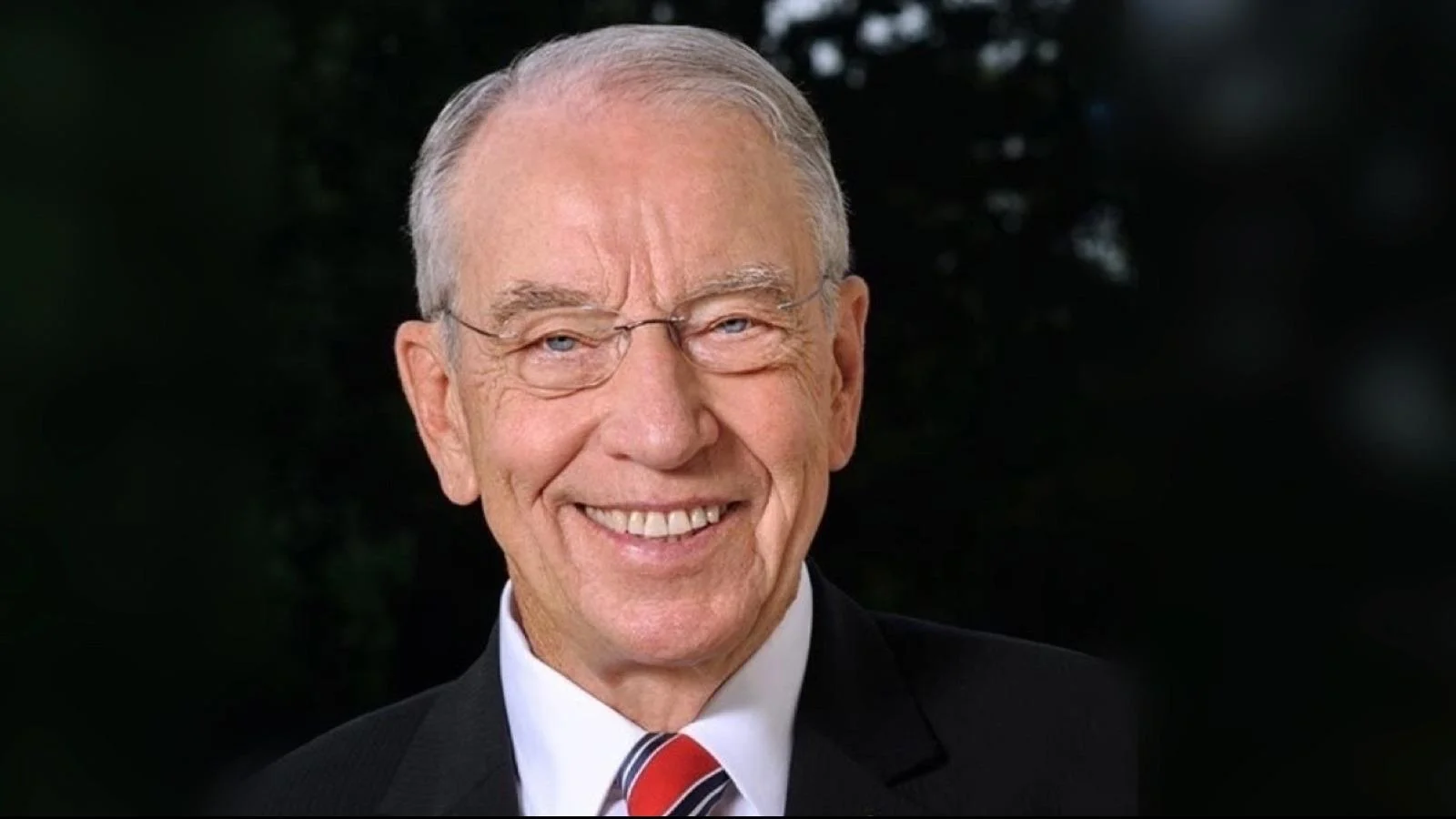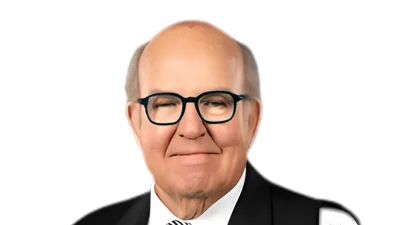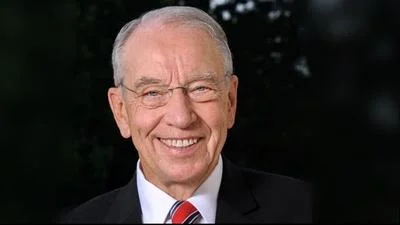Senator Chuck Grassley | Official U.S. Senate headshot
Senator Chuck Grassley | Official U.S. Senate headshot
Senators Chuck Grassley (R-Iowa) and John Fetterman (D-Pa.) have introduced the Art Market Integrity Act, a bipartisan bill aimed at increasing oversight of the U.S. art market. The legislation would require art dealers and auction houses to comply with anti-money laundering and counter-terrorism financing regulations that already apply to other industries.
“For decades, criminal enterprises have used America’s multibillion-dollar art industry as a personal piggy bank for money laundering schemes, terrorist financing and other nefarious activities. By requiring our nation’s art market to comply with existing anti-money laundering and counter-terrorism financing laws, this bipartisan legislation would keep art, and millions of dollars, out of the wrong hands,” Grassley said.
“Art should be for art-lovers, not terrorists and criminals,” Fetterman said. “For too long, loopholes have allowed Russian criminal kingpins to evade sanctions and terrorists like Hezbollah to funnel money through art deals. I’m grateful to Senators Grassley, Whitehouse, and McCormick for working across the aisle to require art dealers and auction houses to perform basic due diligence. This needs to stop now.”
The proposed law would mandate that dealers and auction houses maintain records on high-value transactions in the art market while exempting artists or businesses whose annual transactions are under $50,000. The bill also seeks to bring U.S. standards in line with those in places such as the United Kingdom, European Union, Switzerland, and China.
Grassley and Fetterman are joined by Senators Dave McCormick (R-Pa.), Sheldon Whitehouse (D-R.I.), Bill Cassidy (R-La.), and Andy Kim (D-N.J.) as co-sponsors.
The U.S. Treasury Department identified in 2024 that the American art market is particularly vulnerable to money laundering schemes and evasion of sanctions. One case cited was that of Nazem Ahmad, who allegedly used artwork sales to circumvent terrorism-related sanctions amounting to $160 million.
The U.S. art industry is valued at approximately $25 billion but is not currently subject to Bank Secrecy Act requirements related to anti-money laundering or counter-terrorism financing.





 Alerts Sign-up
Alerts Sign-up